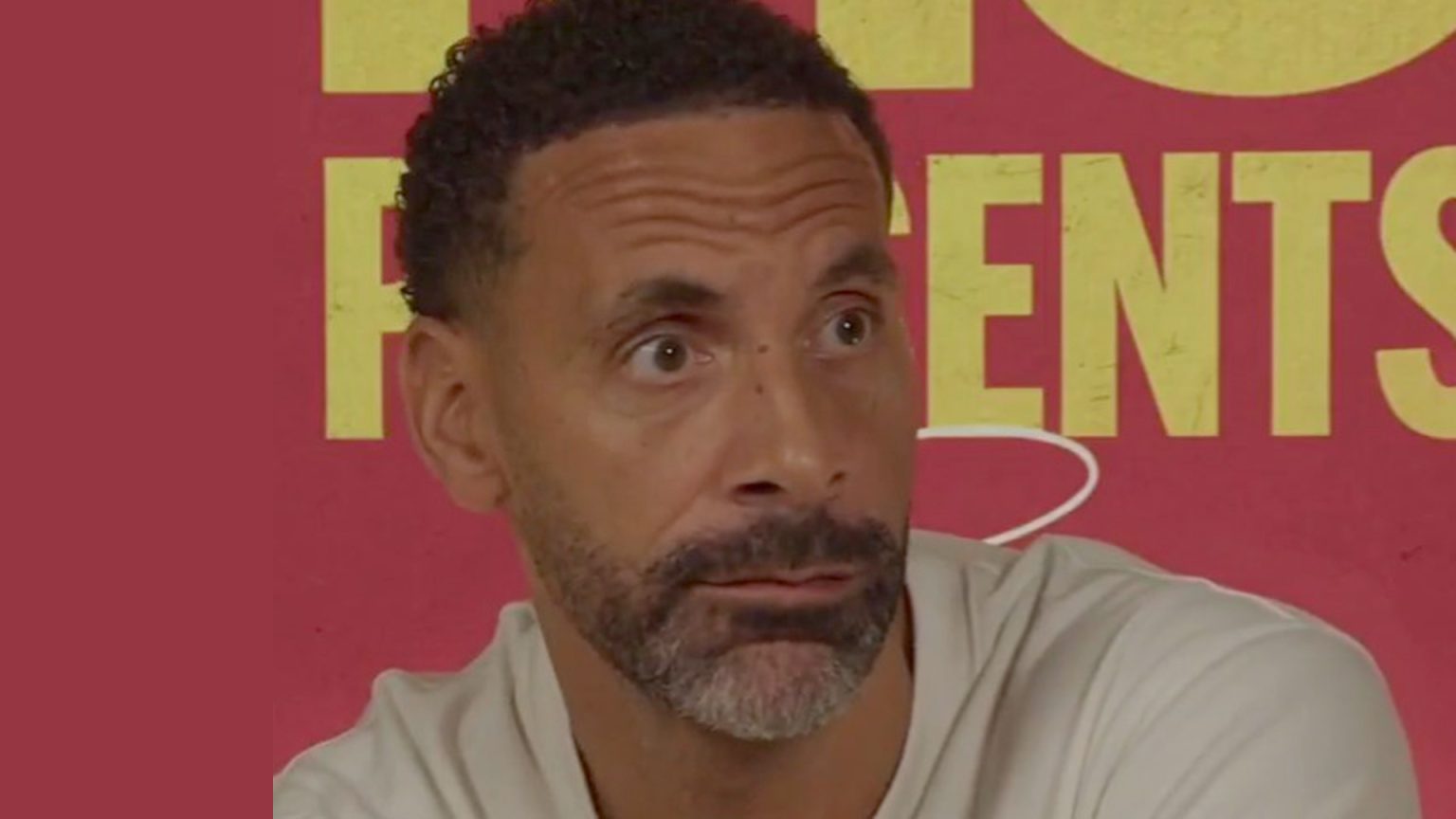Rio Ferdinand’s impassioned plea for Manchester United to ruthlessly purge their underperforming players reflects a growing frustration amongst fans and pundits alike. He argues that the club must show the same decisive action with the players as they have with recently dismissed staff, including sporting director Dan Ashworth, whose abrupt departure after just five months has added another layer of turmoil to the club’s current predicament. Ferdinand’s expletive-laden demand underscores his belief that sentimentality has no place in the pursuit of success, advocating for a swift and decisive removal of any players deemed "s***" or simply not good enough, regardless of their tenure or reputation. This, he feels, is the only way to begin rebuilding and establishing a winning culture.
The dismissal of Dan Ashworth has further fueled the already existing chaos surrounding Manchester United. Reports suggest a blame game has erupted within the club’s leadership, with fingers pointed in various directions for the team’s dismal performances. Ashworth and Chief Executive Omar Berrada allegedly attempted to deflect responsibility, citing their recent arrivals and inheriting a pre-existing mess. Meanwhile, part-owner Sir Jim Ratcliffe reportedly placed the onus of decision-making squarely on their shoulders. Adding to the confusion, reports suggest internal disagreements over managerial appointments and transfer targets further complicated matters, culminating in a toxic and unproductive environment.
The instability at Manchester United is further exacerbated by escalating ticket prices and staff layoffs, creating a sense of disconnect between the club’s management and its loyal fanbase. While the ownership has demonstrated a decisive approach in certain areas, like staff restructuring, Ferdinand questions whether this same ruthlessness will extend to the playing squad. He sees the dismissal of over 250 staff members and the subsequent ticket price hikes as evidence of a definitive, if controversial, approach by the club’s ownership. He contends that this decisiveness, although potentially painful, needs to be applied to the playing squad to weed out the underperforming players and make way for fresh talent capable of restoring the club’s former glory.
The revolving door of managers at Old Trafford further highlights the deep-seated issues plaguing the club. Erik ten Hag’s dismissal after a defeat to West Ham in October, followed by the appointment and subsequent struggles of Ruben Amorim, underscores the lack of stability and long-term vision. Despite Amorim’s initial victories, inconsistent results have continued to plague the team, including a recent home defeat to Nottingham Forest, a result that served as further evidence of the deep-rooted problems within the squad. This constant change in leadership not only disrupts the team’s dynamic but also makes it difficult to implement a consistent playing style and build a cohesive unit.
The considerable investment in new players under Ten Hag’s tenure further complicates the situation. Despite spending heavily on players like Antony, Casemiro, and Lisandro Martinez, the desired results have failed to materialize. This begs the question of whether the issue lies solely with the players or if deeper systemic problems within the club’s recruitment and development strategies are at play. The sheer number of incoming and outgoing players makes it challenging to build team chemistry and develop a consistent playing style. While the intention behind the investment is commendable, the lack of a clear and coherent footballing philosophy seems to hinder the team’s ability to perform consistently at a high level.
The current state of Manchester United paints a picture of a club in disarray. From internal power struggles and a revolving door of managers to a bloated squad with inconsistent performances, the issues are multifaceted and require a comprehensive and decisive approach. Ferdinand’s call for a ruthless cull of underperforming players, while perhaps harsh, highlights the urgent need for change. Only time will tell whether the club’s ownership is willing to make the tough decisions necessary to restore Manchester United to its former glory. The pressure is mounting, and the fans are demanding action, not just words. The future of the club hinges on the ability of its leadership to address these critical issues and chart a clear path forward.


